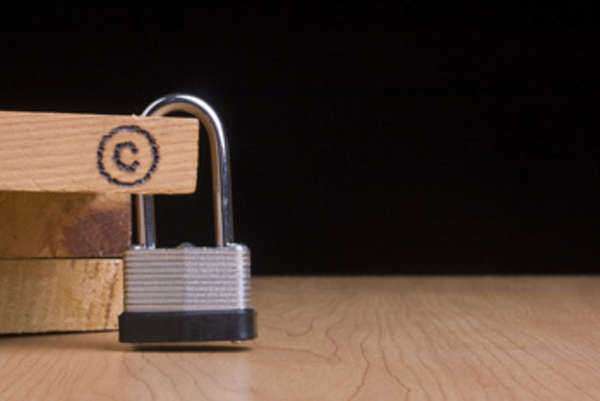What Most People Don’t Know About P2P Sharing



Online file sharing has led to many problems
with copyright infringement. While online file sharing
software may be legal, the software is capable of performing illegal activities
such as copyright infringement. Documents created by a user that are shared
with another user, or peer, is a perfectly legal procedure. Problems arise when
files that are shared include copyrighted material such as songs, software and
movies. Companies and individuals who produce creative content claim that
illegal file sharing costs them possibly billions of dollars every year when
added together.
The public has gotten
comfortable with illegal file sharing as a normal practice. The ease in which
what some would call expensive material could be obtained helped make illegal
file sharing accepted. People do not think of sharing copyrighted material as
stealing in the same way they think about walking into a store and running out
the door after grabbing a CD they have been waiting to hear.
The perception many people share regarding
sharing copyrighted material online is that it is online and can be downloaded
with one click, therefore it must be free. Since there is no physical store
involved to steal from, it may not seem like stealing. However, people who
download copyrighted material through online file sharing software are stealing
from artists, record companies, film companies, software producers, and any
other organization that makes a living off selling copyrighted material to the
public.
Record companies and movie
companies wish they could claim those who illegally download files are not
receiving quality equal to that of a CD or DVD. Unfortunately for those
companies, many of the files located on file sharing software are close if not
equal to the quality included on a disc if it is purchased legally.
Some people who download music
or movies claim they cannot afford to pay full price for media. Companies do
not believe this is a valid statement at all. To them, illegal file sharing is
a crime that is being ignored by too many people including the government. The
Recording Industry Association of America has begun suing individual people who
provide copyrighted material to be downloaded from their computer. While this
may stop a handful of people who are directly contacted by the RIAA, the majority
of people will continue to download illegally.
Since file sharing has exploded
in popularity, the music industry has shown large drops in album sales. Many
public people claim it is due to a lack of musical talent while musicians and
music companies fear illegal file sharing is going to wipe out all record
companies aside from the major labels. There have also been reported drops in
employment related to the closing of many CD stores. If millions of people are
downloading content illegally, and millions more are downloading content
legally, not many people are left to purchase music and movies from outlet
stores that sell actual CD’s inside.
However, recent studies have shown that with
the growth of the digital music industry, drops in album sales do not
necessarily indicate a drop in revenue. With now almost half of all revenue
generated from music coming from digital downloads of singles and records, many
are beginning to question the impact of copyright infringement on the revenue
of the music industry.
A major problem unrelated to
online file sharing and the entertainment business is the danger of peer-to-peer
sharing. When peer-to-peer sharing takes place there is an increased chance a
user’s computer will become infected with spam and
spyware. Computer hackers who use viruses to infect
people’s computers and gain access to information and files often take
advantage of peer-to-peer users due to the ease in which a virus can be
disguised and used to harm someone’s computer.